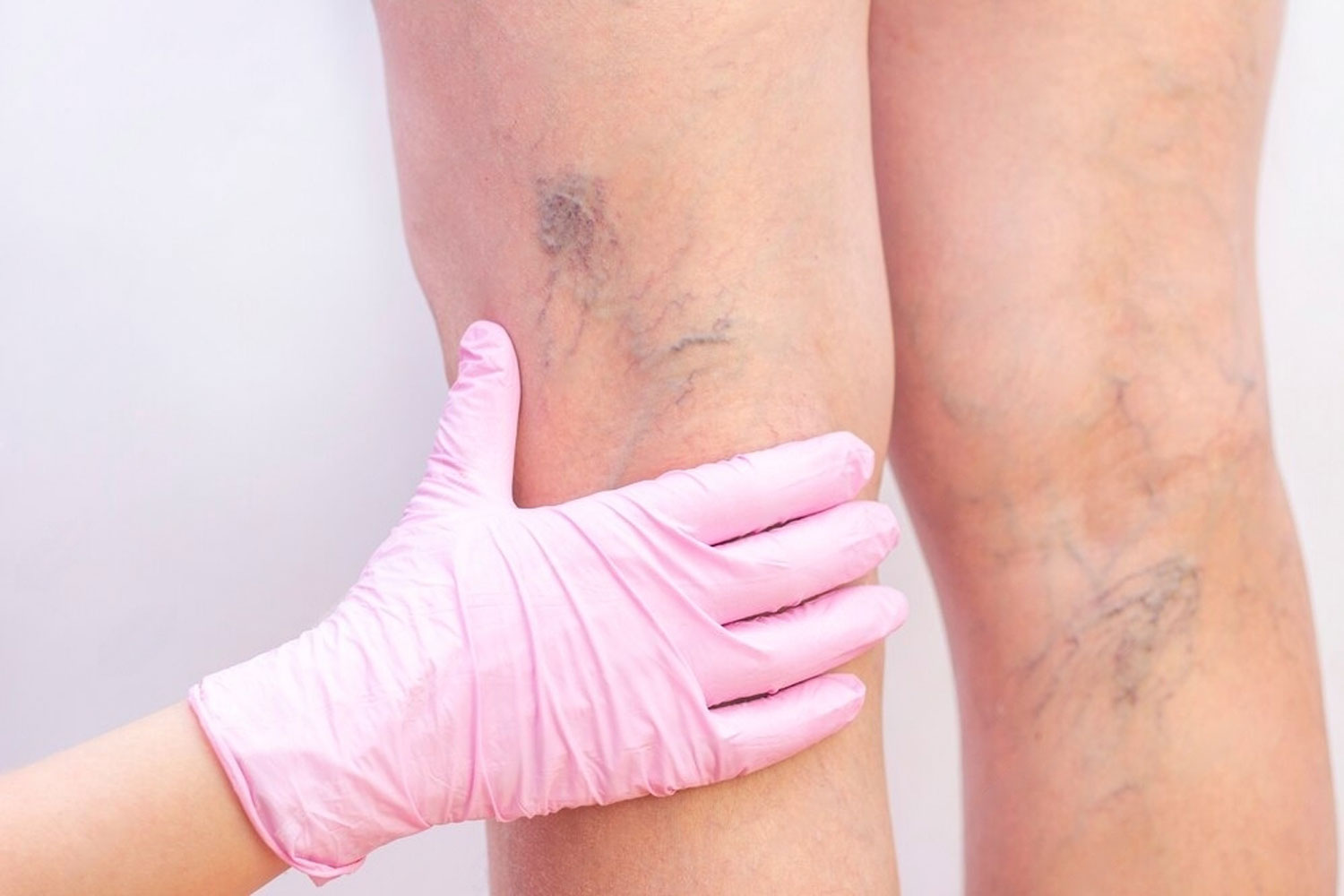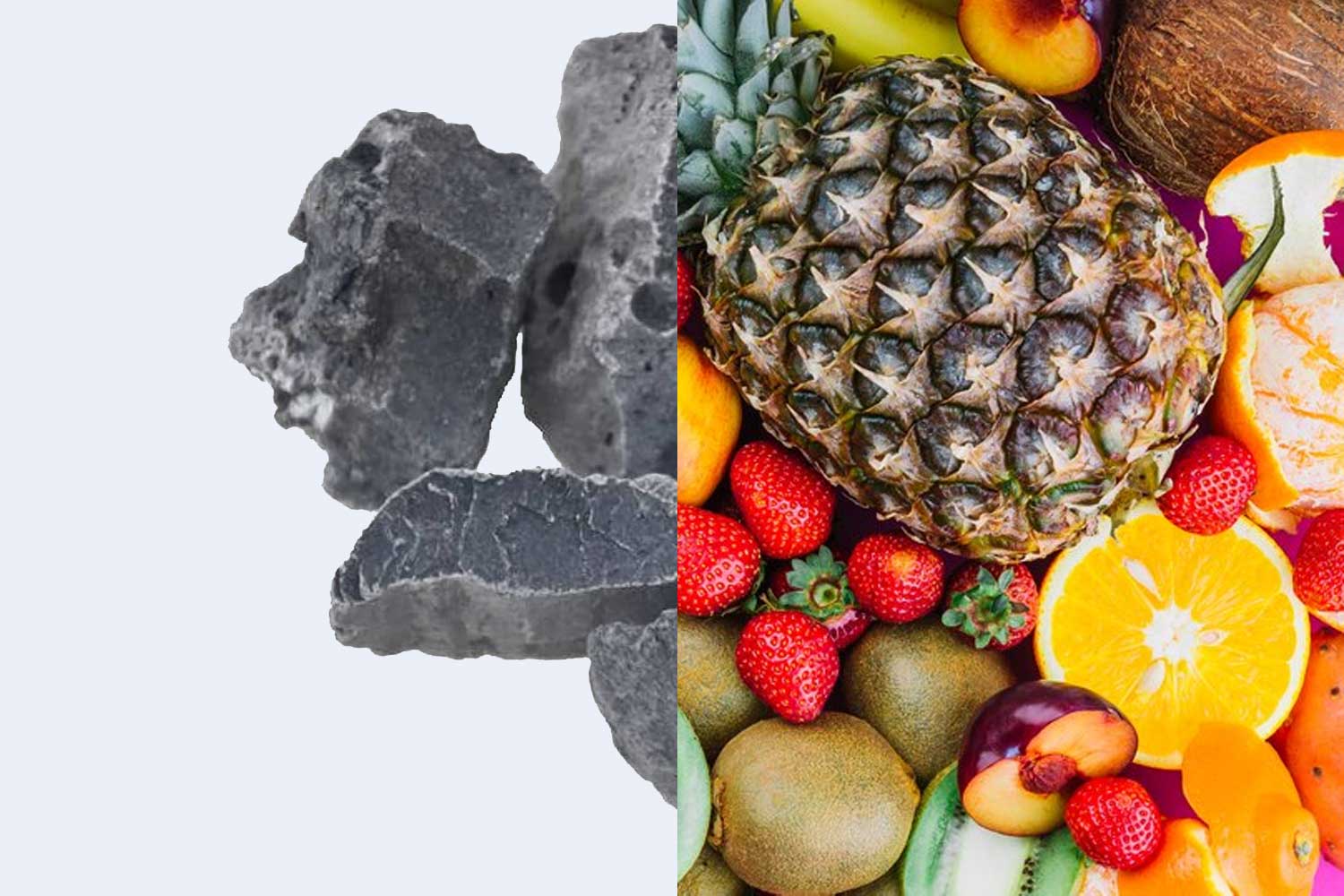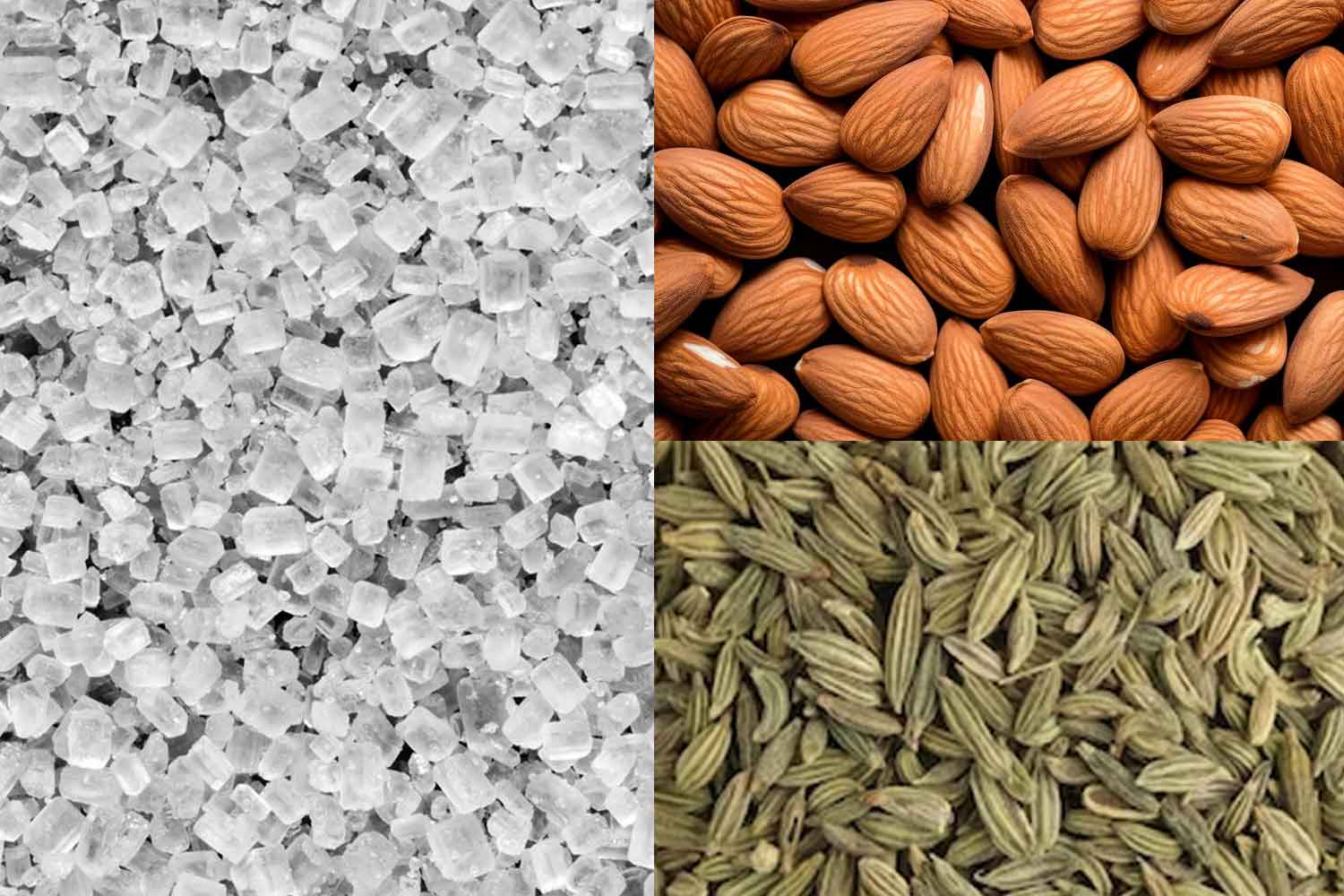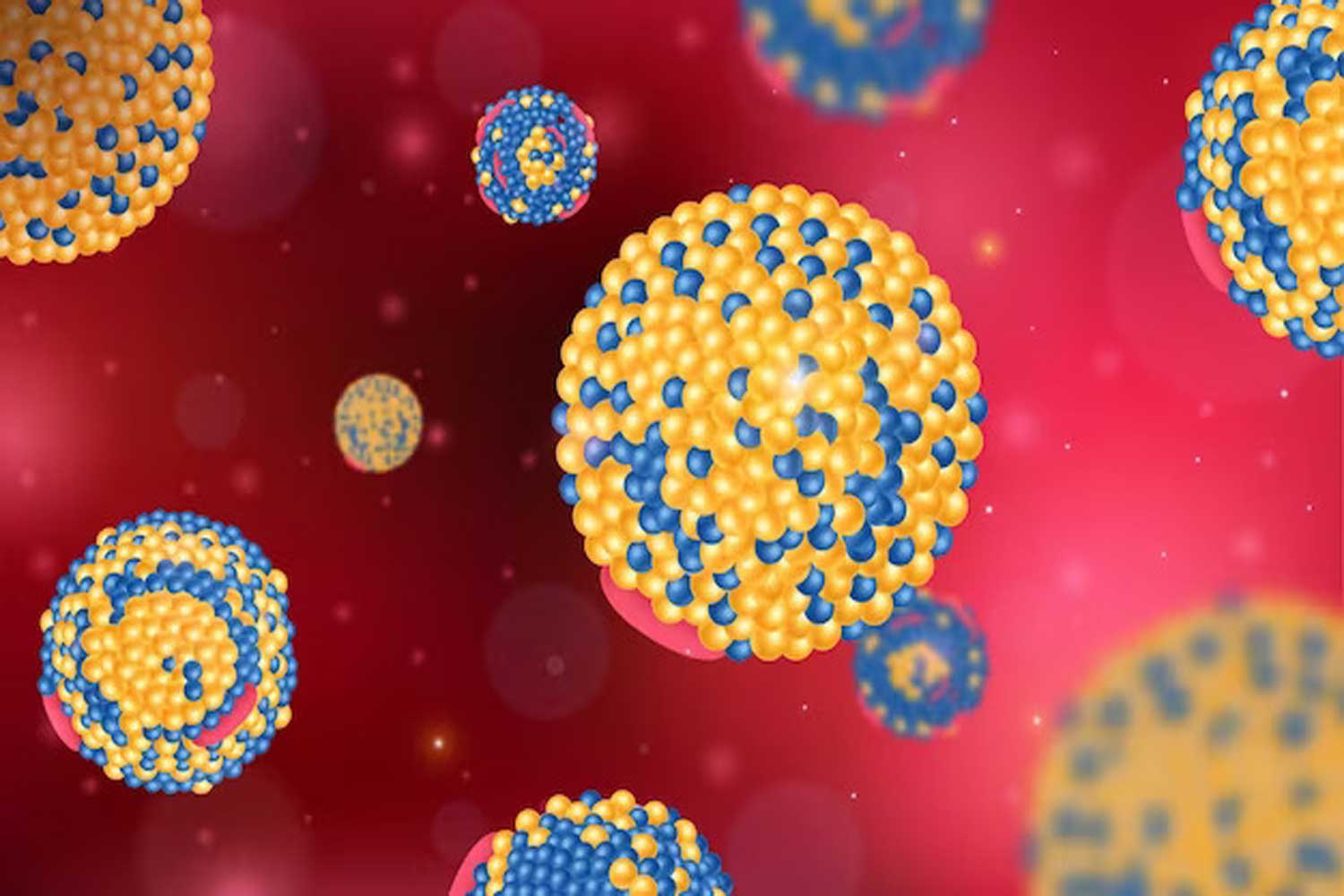Varicose veins are a common condition characterized by enlarged, twisted veins that often appear blue or dark purple. They typically occur in the legs and can be both a cosmetic concern and a source of discomfort. While genetics play a significant role in their development, lifestyle factors can exacerbate the issue. Thankfully, there are several natural remedies and lifestyle changes that can alleviate the discomfort and, in some cases, even prevent their formation.
In this article, we’ll delve deeper into these 15 helpers and healers for varicose veins.
1. Exercise Regularly
Regular physical activity is crucial in the prevention and management of varicose veins. Exercise helps improve blood circulation, reducing the likelihood of blood pooling in the veins. Low-impact activities like walking, swimming, and yoga are particularly beneficial. They promote muscle contractions in the legs, assisting the veins in propelling blood back to the heart.
2. Elevate Your Legs
Elevating your legs is a simple yet effective way to relieve the pressure on your veins. By keeping your legs elevated above the level of your heart, you reduce the force of gravity that can cause blood to pool in the veins. Whenever possible, prop your legs up on a pillow or footrest. This practice is especially beneficial after a long day of standing or sitting.
3. Wear Compression Stockings
Compression stockings are specially designed to provide gentle pressure to the legs. They work by helping the veins and leg muscles move blood more efficiently. By improving blood flow and preventing swelling, compression stockings can be a valuable tool in managing varicose veins. They are particularly useful for individuals who are on their feet for extended periods, such as healthcare professionals or retail workers.
4. Maintain a Healthy Weight
Being overweight or obese increases the pressure on your veins, making them more susceptible to becoming varicose. By maintaining a healthy weight through a balanced diet and regular exercise, you reduce this extra pressure. A well-balanced diet that includes plenty of fruits, vegetables, and lean proteins supports overall vein health.
5. Eat a High-Fiber Diet
A diet rich in fiber is essential for preventing constipation, which can exacerbate varicose veins. Straining during bowel movements increases abdominal pressure, which in turn puts additional strain on the veins. Foods like fruits, vegetables, whole grains, and legumes should be staples in your diet.
6. Stay Hydrated
Adequate hydration is fundamental to overall circulation. When you’re properly hydrated, your blood is more fluid, allowing it to flow more easily through your veins. Aim to drink plenty of water throughout the day to support healthy blood flow.
7. Avoid Crossing Your Legs
While it may be a common habit, crossing your legs for extended periods can restrict blood flow. This can contribute to the development or worsening of varicose veins. Instead, make it a practice to sit with both feet flat on the ground or elevated when possible.
8. Include Anti-Inflammatory Foods
Foods with anti-inflammatory properties can be particularly beneficial for individuals with varicose veins. Berries, ginger, turmeric, and fatty fish (rich in omega-3 fatty acids) can help reduce inflammation in the veins. Including these foods in your diet can provide additional support in managing the condition.
9. Consume Horse Chestnut
Horse chestnut is an herbal remedy that has gained popularity for its potential benefits in supporting vein health. It contains a compound called aescin, which is believed to improve blood flow and reduce swelling in the legs. Horse chestnut is available in various forms, including capsules and topical creams. However, it’s important to consult a healthcare professional before adding any supplement to your routine.
10. Apply Witch Hazel
Witch hazel is a natural astringent that is known for its anti-inflammatory properties. When applied topically, it can help reduce inflammation and discomfort associated with varicose veins. Witch hazel is available in both liquid and gel forms, making it easy to incorporate into your skincare routine.
11. Try Apple Cider Vinegar
Apple cider vinegar is a versatile natural remedy with a wide range of potential health benefits. It is believed to have anti-inflammatory properties that can be particularly helpful for individuals with varicose veins. You can apply it topically by soaking a cloth in diluted apple cider vinegar and placing it on the affected area. Additionally, adding a cup of apple cider vinegar to your bathwater may provide relief from discomfort.
12. Ginkgo Biloba Extract
Ginkgo biloba is an herbal supplement derived from the leaves of the ginkgo tree. It is known for its potential to improve blood flow and reduce inflammation. While more research is needed to fully understand its effectiveness for varicose veins, some studies suggest that it may be beneficial. As with any supplement, it’s important to consult a healthcare professional before adding ginkgo biloba or any other supplement to your routine.
13. Lifestyle Modifications
Making simple adjustments to your daily routine can go a long way in preventing and managing varicose veins. If your job requires extended periods of sitting, make it a point to stand up and move around regularly. If you spend a lot of time on your feet, take short breaks to sit down and elevate your legs.
14. Take Breaks to Stretch
Regularly stretching your legs can help improve blood flow and alleviate discomfort associated with varicose veins. Simple exercises like ankle circles, leg lifts, and calf stretches can be performed throughout the day. Taking short breaks to stretch can make a significant difference in your overall vein health.
15. Use Essential Oils
Certain essential oils are believed to have properties that can support vein health. Cypress oil, in particular, is known for its potential to improve blood circulation. Lemon oil is also thought to be beneficial due to its anti-inflammatory properties. To use essential oils, dilute them with a carrier oil (such as coconut or jojoba oil) and apply them topically to the affected area. Be sure to do a patch test first to ensure you don’t have any allergic reactions.
While these natural remedies and lifestyle changes can provide relief and support in managing varicose veins, it’s important to consult a healthcare professional if you experience severe pain or skin changes, or if the veins become red, hot, or tender. In some cases, medical intervention may be necessary.
Incorporating these helpers and healers into your daily routine can contribute to improved vein health and overall well-being. Remember, consistency is key, and making these lifestyle changes can lead to long-term benefits in managing varicose veins. By taking proactive steps and caring for your veins, you can enjoy greater comfort and confidence in your daily life.












